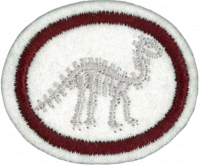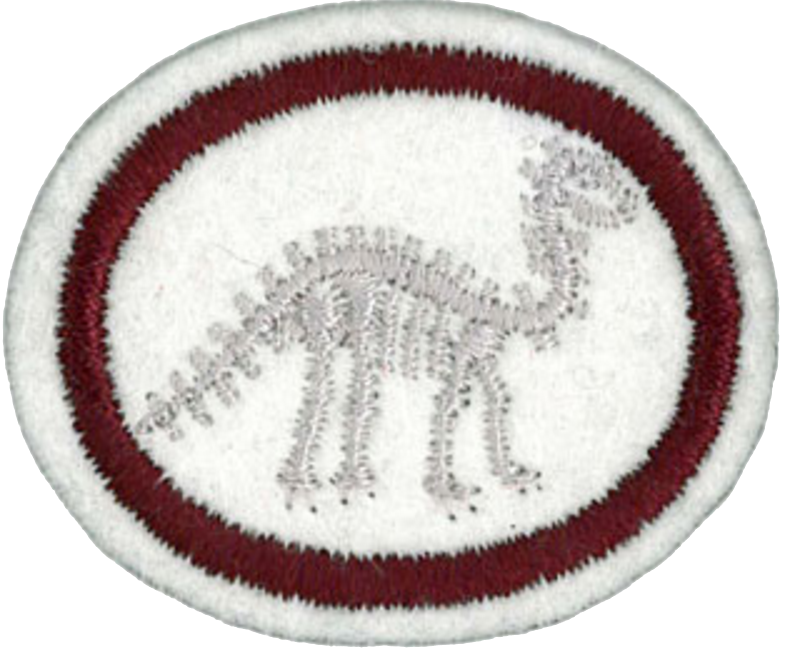Difference between revisions of "AY Honors/Fossils/Requirements 2/en"
m (FuzzyBot moved page AY Honor Fossils Requirements used by General Conference to AY Honor Fossils Requirements used by North American Division without leaving a redirect: Part of translatable page "AY Honors/Fossils/Requirements") |
(Updating to match new version of source page) |
||
| Line 90: | Line 90: | ||
<noinclude></noinclude><section end=req6 /></b> | <noinclude></noinclude><section end=req6 /></b> | ||
<section end=Body /> | <section end=Body /> | ||
| − | |||
| − | |||
| − | |||
| − | |||
Revision as of 22:43, 20 July 2022
1. Draw, photograph, or collect at least ten different kinds of fossils, and label each with its name and where it is found.
2. Have a brief definition of each of the following in your notebook:
- a. Geology
- b. Fossils
- c. Catastrophism
- d. Paleontology
- e. Graptolite
- f. Trilobite
- g. Dinosaur
- h. Mammoth
- i. Mastodon
- j. Crinoid
- k. Lingula
- l. Calamite
- m. Foraminifera
- n. Radiolaria
- o. Paleozoic
- p. Mesozoic
- q. Cenozoic
- r. Pleistocene
- s. Paleobotany
- t. Pelecypod
- u. Brachiopod
3. Visit a museum where fossils are on display and make a written or oral report of your trip.
4. Describe the process of the proper removal of delicate specimens. Tell how a skeleton of a dinosaur or other gigantic fossil would be removed. Why should beginners not remove such specimens? What should be done by the beginner when he finds what is obviously a valuable fossil?
5. Explain the difference in the account scientists give for the presence of fossils as related by evolutionists and creationists.
6. From the Bible and writings of Ellen G. White cite statements to explain the origin of the following:
- a. Coal
- b. Petroleum
- c. Fossils
- d. Limestone


